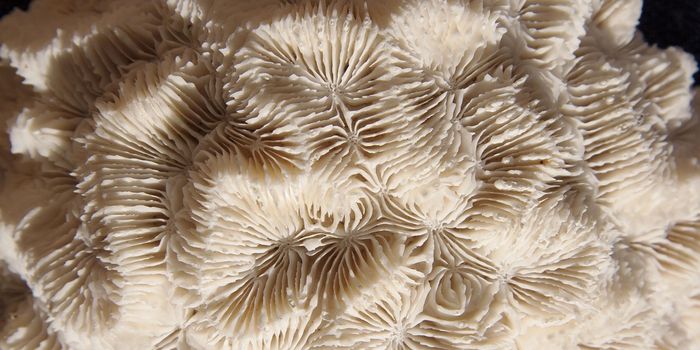Microchip models tumor‐immune interactions to predict immunotherapy effectiveness
A team from the Terasaki Institute for Biomedical Innovation (TIBI) has developed a microchip system that models immune checkpoint inhibitors in order to improve understanding of tumor interactions. The system is capable of predicting which patients will respond best to certain immunotherapies. The TIBI team’s results are published in the journal Nano-Micro Small.
Because patient response to immunotherapy is so varied, medical professionals have been long searching for a way to process large amounts of immunotherapy drugs against in vivo tumor cells quickly. This research aims to address that gap in capability, focusing specifically on T-cell checkpoint inhibitor therapies.
"Bringing ways to optimize clinical decisions and personalized medicine for patients is a top goal at our institute," comments Ali Khademhosseini, Ph.D., director and CEO of the Terasaki Institute. "This work is a significant step towards achieving that goal in the realm of cancer immunotherapy."
The microchip models tumor‐immune interactions by monitoring T cell inhibition and reactivation in what the researchers call an immunotherapeutic high‐throughput observation chamber (iHOC). Measuring tumor infiltration and interleukin‐2 (IL‐2) secretion, the iHOC evaluates the effect of anti‐PD‐1 antibodies on cancer spheroids and T cells.
"The features of our microwell-based chip is the key to our successful development of an immunoactive tissue model," said researcher Wujin Sun, Ph.D. "The chip's transparency allows for direct microscopic observation. And its design allows for high-volume testing, which lends itself well to the rapid screening of immunotherapeutic drugs."
Various follow-up tests showed that the microchip was in fact able to assess high-volumes of checkpoint inhibitor drugs against tumor cells. The team says they are hopeful that the chip can be used not only for the breast cancer tumor cells they used in their experiments but for other types of cancer cells as well.
Sources: Nano-Micro Small, Eureka Alert








